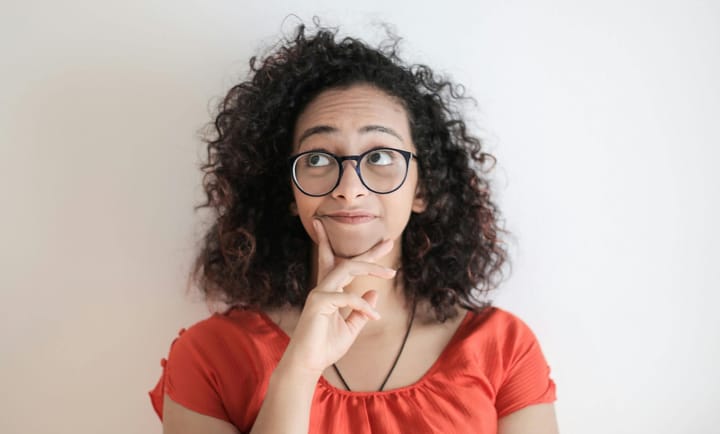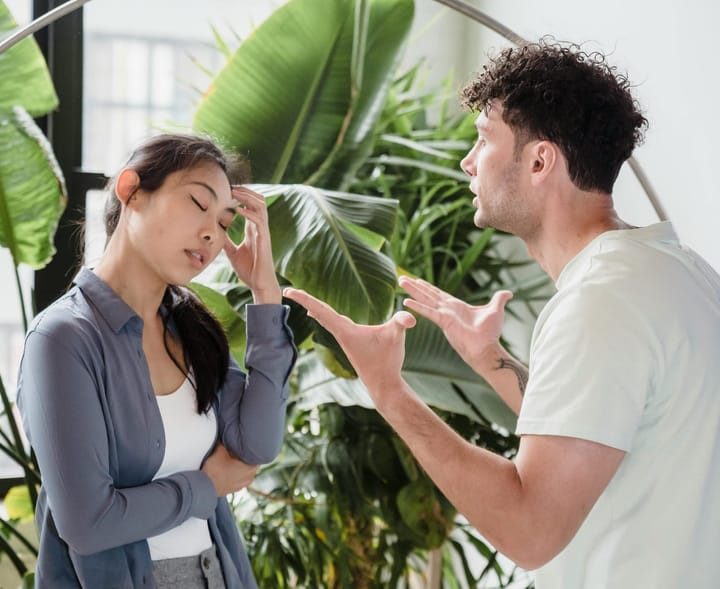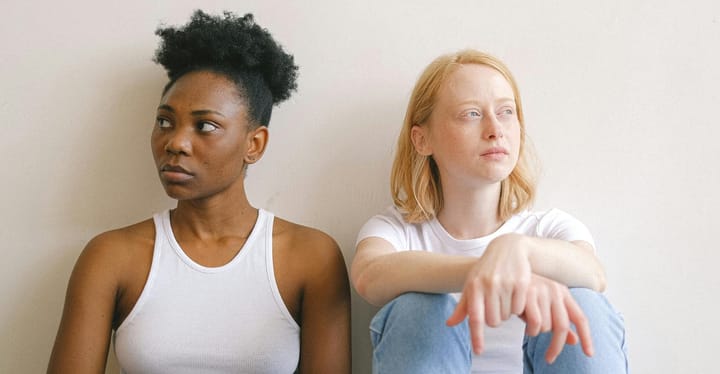The Power of Relationship Rituals
Intentional rituals can add value to romantic relationships - monogamous or otherwise.

Intentional relationship rituals have the power to increase relationship satisfaction and commitment (Garcia-Rada, Sezer, & Norton, 2019*). While the bulk of research on rituals in romantic relationships is focused on monogamy and marriage (Bruess & Pearson, 1997; Campbell, & Ponzetti, 2007; Pearson, Child, & Carmon, 2010) - surprise, surprise! - let's consider the ways in which the findings can be applied to open relationships.
First, intention matters. The distinction between routines that don't add value to relationships and rituals that increase relationship satisfaction is that the ritual is agreed upon as meaningful. So, how do you develop intentional rituals?
You talk about why you are choosing a certain ritual, what it means to you, and how often you do it. For example, scheduling a weekly date night might seem like simple relational upkeep. However, deciding on the plans (will you go to dinner or attend a weekly event? Who will plan it?) and discussing the importance of the time together changes the ball game (also a date idea - I strive to be helpful). Agreeing that an event or activity is mutually important is the secret sauce here. For an added bonus, after you do the thing, talk about how much fun you had doing the thing. Reinforcement is real, and sharing why you enjoyed something allows you to relive the memories together.
Next, do the same thing with annual rituals. I know that this might sound similar, but this can get more complex depending on your relationship type. For example, my partner and I celebrate Yule. When we first started dating, I would have liked to celebrate Christmas with him, because that is what I was used to. However, my metamour LOVES Christmas. Like, it is her time of year. I don't really have Christmas lust, I just liked the ritual of time together during the holiday season. To honor my metamour's love of the holiday, and still create a valuable ritual our relationship, my partner and I shared a commitment to Yule. We make specific food and intentionally try to spend that time together each year.
If you have a more kitchen table scenario, you might be able to share holidays. Many people don't. You can still celebrate events that are important to you. This can be especially true with popular holidays - like Valentine's Day. If you are able to disassociate with the specific day, and rather set an intention to enjoy the sentiment, the ritual can provide more value because you have created it together, rather than rely on a social script.
Finally, open relationships are distinct in that your partner might share time with other partners. Creating a ritual of reconnection can be especially valuable in open relationships. In a previous relationship, my partner and I committed to giving each other a massage when we were able to reconnect after we were with other partners. This allowed us to emotionally catch up and share touch - which is really important to me in my relationships. How might you create a ritual when you reconnect with your partner?
Shared rituals create a sense of belonging, establish events to look forward to in the long term (which can increase commitment, if that is a part of your definition of commitment), and generally build meaning in relationships. Open relationships can leverage these positive influences by linking ritual with events specific to the open relationship experience.
What ways have you used ritual in your relationships?
In curiosity,
Dr. S. Kay Webb
References
Bruess, C. J., & Pearson, J. C. (1997). Interpersonal rituals in marriage and adult friendship. Communications Monographs, 64(1), 25-46.
Campbell, K., & Ponzetti Jr, J. J. (2007). The moderating effects of rituals on commitment in premarital involvements. Sexual and Relationship Therapy, 22(4), 415-428.
Garcia-Rada, X., Sezer, O., & Norton, M. I. (2019). Rituals and nuptials: The emotional and relational consequences of relationship rituals. Journal of the Association for Consumer Research, 4(2), 185-197.
Pearson, J. C., Child, J. T., & Carmon, A. F. (2010). Rituals in Committed Romantic Relationships: The Creation and Validation of an Instrument. Communication Studies, 61(4), 464–483. https://doi.org/10.1080/10510974.2010.492339
*This study focused on dyads and did not specifically define commitment, although they alluded to longevity.


